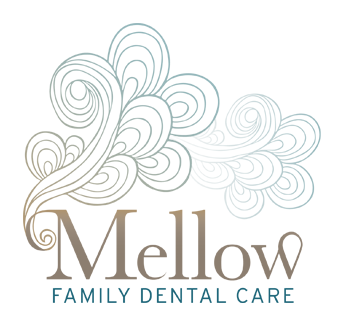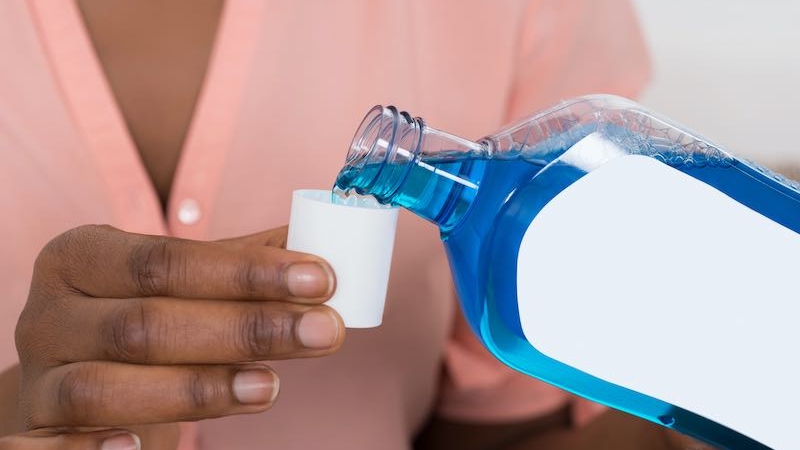Is mouthwash helpful?
You’ve seen it in the commercials, the swirl, the gargle, the dramatic “ahhh” as someone’s mouth feels instantly refreshed. It all looks so convincing. But here’s the million-dollar question:
Is mouthwash a must-have in your daily routine, or just a nice extra?
Let’s break it down.
Mouthwash can be a helpful sidekick in your oral care routine. Depending on the type, it offers a few real benefits:
- Freshens breath: Instantly masks odors (perfect before a big meeting or date night).
- Kills bacteria: Antiseptic mouthwashes can reduce the bacteria that contribute to gum disease and tooth decay.
- Protects enamel: Fluoride mouthwashes help strengthen teeth and prevent cavities.
- Soothes your mouth: Some formulas can reduce inflammation, help with dry mouth, or calm irritated gums.
Think of it as the “bonus round” in your oral care routine and not the main event, but still useful.
What mouthwash doesn’t do:
- It’s not a substitute for brushing and flossing. Mouthwash can’t remove plaque or food particles.
- It won’t fix bad breath long-term. Chronic bad breath might point to underlying issues like gum disease or tooth decay in which case, a dentist’s visit is a better solution than a minty rinse.
- It’s not one-size-fits-all. Some mouthwashes contain alcohol, which can dry out or irritate sensitive mouths. Not every formula works for every person.
Do you actually need mouthwash?
For most people, mouthwash is optional, a nice extra, not a requirement.
Here’s a simple rule of thumb:
✔️ You might benefit from it if:
- You have a higher risk of cavities or gum disease
- You experience dry mouth
- Your dentist specifically recommends it
❌ You can probably skip it if:
- Your teeth and gums are healthy
- You brush twice daily, floss regularly, and see your dentist for check-ups
Tips for using mouthwash the right way:
If you do use mouthwash, make sure you’re getting the most out of it
- Pick the right type:
- Fluoride for cavity protection
- Alcohol-free for sensitive mouths
- Antibacterial for gum health
- Don’t rinse with water right after.
Let it sit for at least 30 minutes before eating or drinking so it can do its job. - Follow the directions.
Using too much can irritate your mouth. Too little might not be effective.
The Bottom Line
Mouthwash isn’t a magic fix, but it can give your oral hygiene a helpful boost. Think of it like the shoulder strap on a seatbelt. Brushing and flossing are the lap belt that does most of the work. Mouthwash is that extra layer of protection.
Still unsure about the best mouthwash for you? Bring it up at your next appointment, and we’ll help you find one that suits your smile perfectly.



